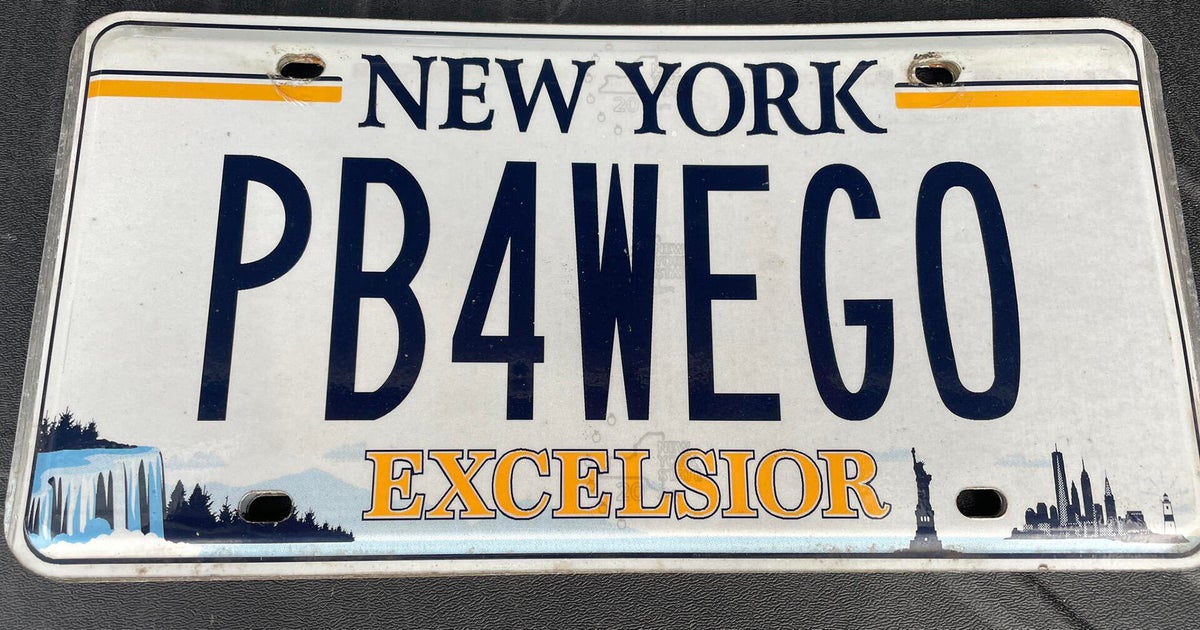New York's 'ABC' Restaurant Grading System Making The Grade A Year Later?
NEW YORK (1010 WINS) -- Thursday marks a year since New Yorkers got acquainted with their ABC's at city restaurants. The Health Department's grading system for eateries started last July and many city residents say they are pleased, but that opinion is not shared by everyone.
"I think it's completely arbitrary, it depends upon what inspector you get, how long they decide to inspect you," a woman named "Robin" told 1010 WINS' Stan Brooks on Wednesday.
Despite that opinion, most New Yorkers who spoke with Brooks said the grades helped them make choices on which restaurants to frequent.
1010 WINS' Stan Brooks With New Yorkers In Lower Manhattan
Podcast
"I don't like to go to places that don't have 'A' ratings, especially when you look on the health website and you see what the categories are and even 'A' rated restaurants don't mean that they're perfect. So it's very important," said one woman.
The A, B or C grades reflect a rating on things like cleanliness, food safety and other requirements laid out by the city. Restaurants can end up being penalized by inspectors for issues or lack of compliance in areas such as food handling, food temperature, vermin control and personal hygiene.
The grades are to be prominently displayed outside the establishment for potential customers to see. If a restaurant disputes their grading, they must display a "Grade Pending" sign until the appeal is heard by the Health Department and eventually checked again.
"It makes me feel comfortable when I go into a restaurant that it's clean or at least that the city says it's clean," said a man named "John."
Another man who spoke with 1010 WINS' Al Jones said that he could stomach taking his chances eating at a place that had a B rating, but wasn't about to try his luck at one rated with a C.
1010 WINS' Al Jones With Bronx Residents Talking About The Grades
Podcast
"No that's degrading myself. That's rolling the dice," he said.
The city's Health Commissioner Dr. Thomas Farley will release results of the program's first year. According to the agency, during the first six months of the grading system's existence, 57 percent were given A's, 30 percent got B's and only about 13 percent got C's.







